|
At the start of term I handed out a questionnaire (to students who have been with me for a while, new students your turn will come!) from The Curious Piano Teachers' January Curiosity Box which is on the subject of motivation. It had the following questions:
So 70% of children I teach want to play piano for a hobby and 100% want to develop their skills and know they are 'doing it right' without referring to YouTube. The two go together because the more skilled you are the more you will enjoy playing the piano. So what does this mean for my teaching?
I need to remember to stay in the moment and help each student achieve their goal, whether that be learning to play for a hobby or, in the case of one student achieve grade 8. It is notable that only one person had this goal. While 30% mentioned achievements those did not refer specifically to exams. Achievement for others meant completing a piece and feeling the rush of satisfaction / happiness. Practise was mentioned in 60% of answers, and not in a positive way. Children struggle with the amount of time they need to spend playing at home, especially the older ones who have other homework. Unfortunately it is impossible to become proficient at any instrument without practise. I teach the children practise strategies and we make it fun in the lessons with 'cute animals' to help practise. Of course it's different when they are going through the work at home without me to support them. Future blog posts will discuss how children can be encouraged to practise at home.
0 Comments
I can't remember if I did hurry her but I do know I noticed the desire to rush her and later in the lesson I know I slowed down so she could enjoy and be in the moment she was in. As I reflected on my morning's teaching afterwards I realised that children inhabit the present moment naturally. They are so often absorbed in the present moment. How often do we, as adults interrupt that?
Many of us are always hurrying children onto the next activity; then we wonder why, at a later date, they always want to be onto the next thing, why they are never satisfied with what they are doing right now. We often find this at a moment when we have spent a large sum of money on an activity, or arranged something that has cost us much effort. They want the next thing because that's what we've taught them to want! In all our rushing to get things done, teach them as much as possible, cram as much as possible into their lives so they don't miss an opportunity, we are teaching them that what they have now or what they are doing now isn't enough. Many of us are always hurrying children onto the next activity; then we wonder why, at a later date, they always want to be onto the next thing.... because that's what we've taught them! So from today I will make a conscious effort to slow down in my teaching. To allow children to be in the moment; to be absorbed in the activity we are doing now. I will take that extra couple of minutes which will be a special time where I too can notice the moment, be in it with the child and enjoy watching their experience unfold. Their learning and their experience and memories of piano will be all the richer for it. Here's poem I wrote about a year ago when I first noticed I am always in a rush for the next thing and began to wonder why. I'm grateful for the reminder from this student to just slow down.
Rush Rush Hurry Hurry Always there; never here. Rush Rush Hurry Hurry Something different, something better. Rush Rush, Hurry Hurry This is never good enough. Rush Rush Hurry Hurry Let's slow down and be, just here.
Another creative love is to create music, that is to improvise. Improvising is not playing music that someone else has written, but something I have created myself that has come from nowhere. I can’t share that so easily with others since it’s gone as soon as it arrived. Unlike art I find it harder to get myself to sit at the piano and create music, however when I do it’s such fun and I can get quite carried away, losing all track of time! This is a state of ‘flow’, which ‘is characterized by complete absorption in what one does, and a resulting loss in one's sense of space and time.’ (Wikipedia - see reference below)
we all have something to say, let’s make sure the opportunity to say it is given through the gift of improvisation Leading piano pedagogues have written about the importance of improvising in piano lessons for The Curious Piano Teachers and I have taken a few quotes to share with you. See the full Curious post here.
Conclusion So much of what we hear in the world of piano exams, piano competitions and yes, piano lessons, could be more musical. Could the way thorough this be by encouraging more improvisation in our lessons, to allow students the opportunity to connect to music on their own terms, expressing their own feelings and really developing their understanding of what music means to them. Would this lead to more enjoyable musical experiences for students and their families alike, would students be more motivated to play the piano because it’s ok to just sit down and improvise their own piece?
It is a tragedy if the opportunity to deeply enjoy and connect with music is lost through lessons that require students to simply play what others have written – we all have something to say, let’s make sure the opportunity to say it is given in the gift of improvisation. Visit the improvisation page, play some tracks and experience it for yourself. |
Caroline BlountDirector of Surrey Music School. Archives
January 2024
Categories
All
|
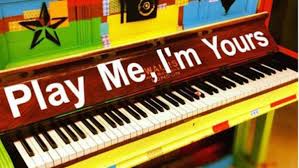
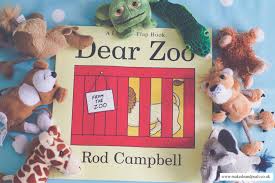
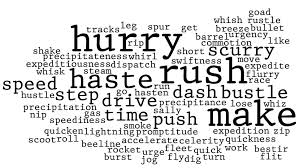

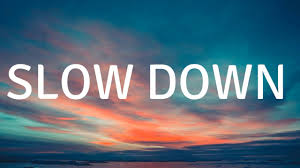
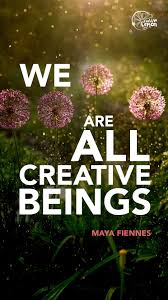
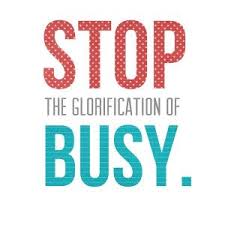
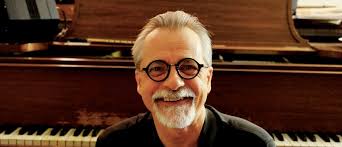


 RSS Feed
RSS Feed